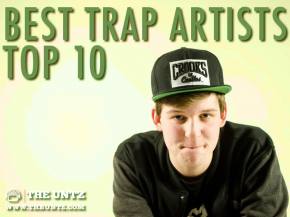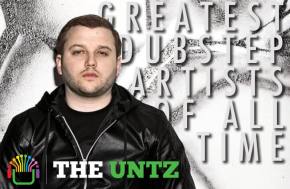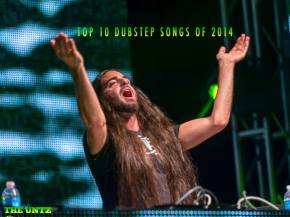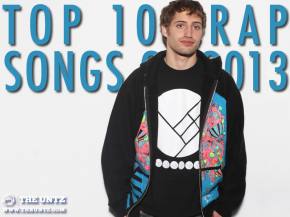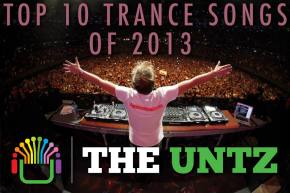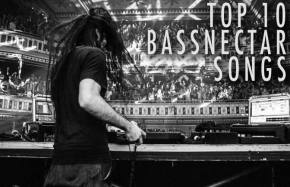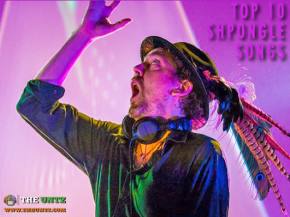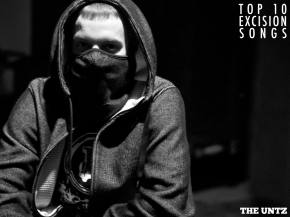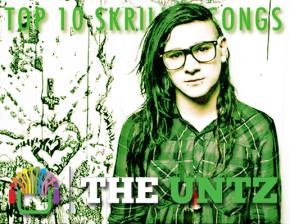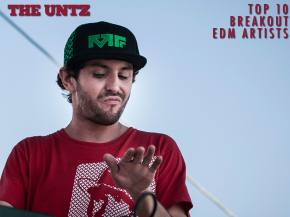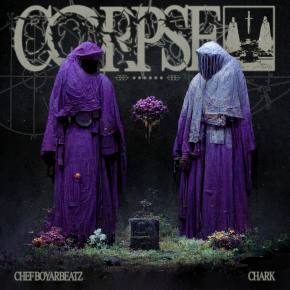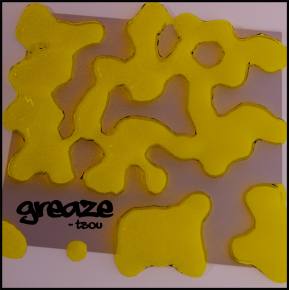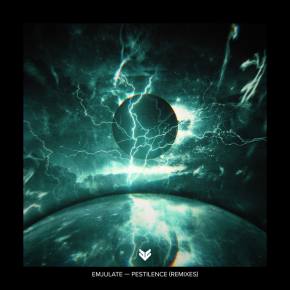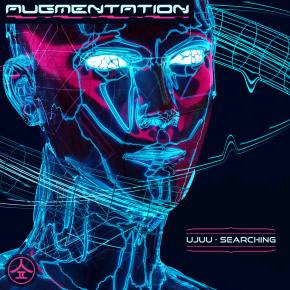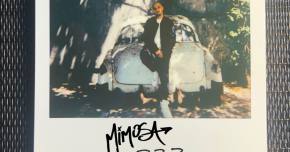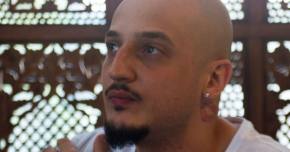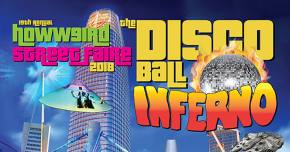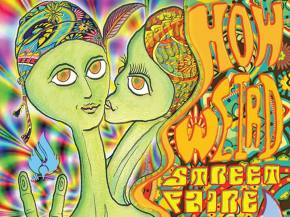By: Anand Harsh
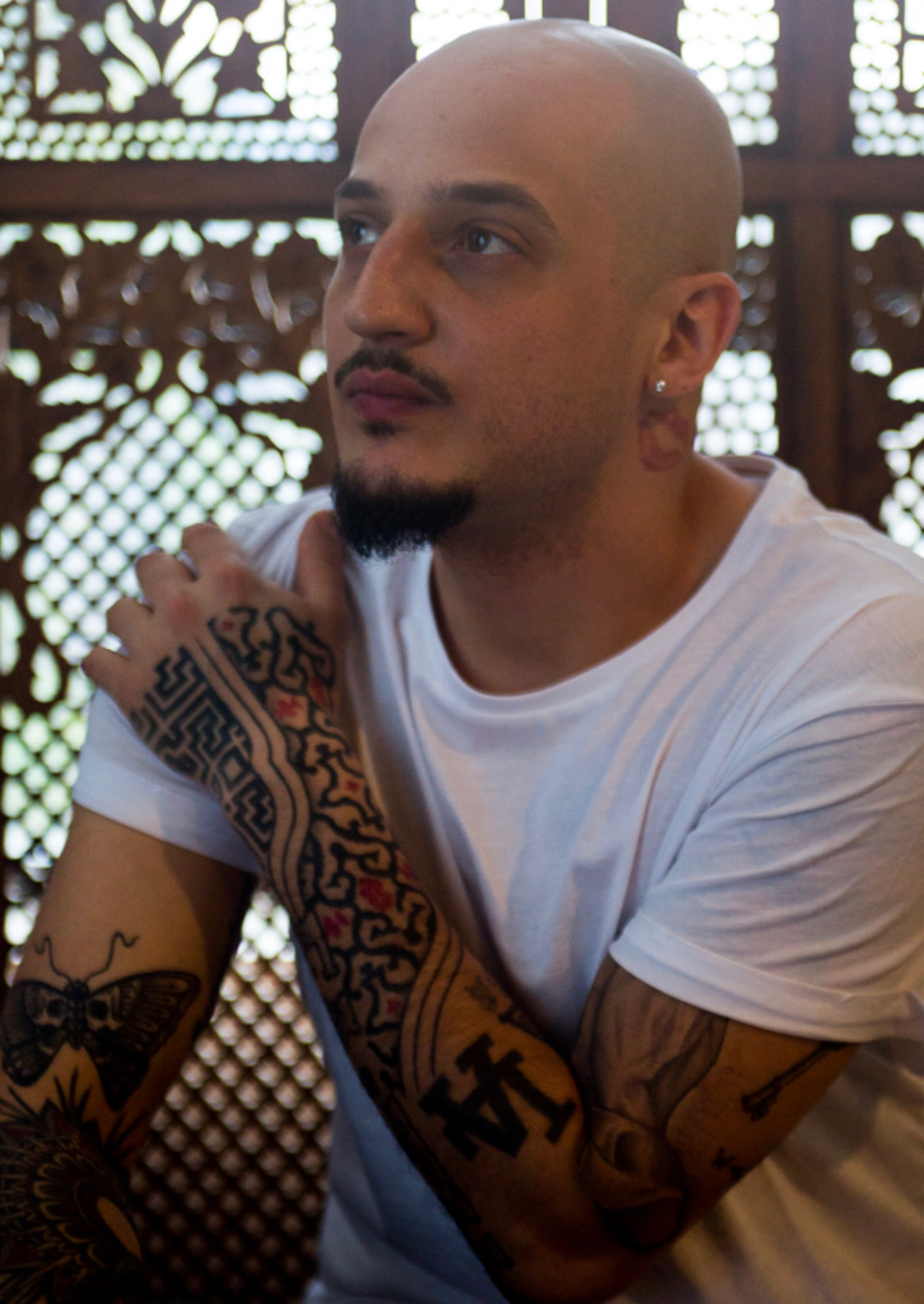 West coast bass producer MiM0SA shares a public statement to his fans and opens up about his struggles with substance abuse. In an industry rocked by the deaths of young stars such as Mac Miller, Avicii, Juice Wrld, Lil Peep, as well as his friends and fellow luminaries in the underground bass scene Sleepyhead and MiHKAL, through his journey, Tigran Mimosa hopes to shed light and inspire others who might relate to his struggles.
West coast bass producer MiM0SA shares a public statement to his fans and opens up about his struggles with substance abuse. In an industry rocked by the deaths of young stars such as Mac Miller, Avicii, Juice Wrld, Lil Peep, as well as his friends and fellow luminaries in the underground bass scene Sleepyhead and MiHKAL, through his journey, Tigran Mimosa hopes to shed light and inspire others who might relate to his struggles.
In light of the 10 year anniversary of Psychedelic Stereo, and after some time away, its important that I address a few things publicly.
I've let a lot of people down with my actions in the past. I was a selfish, ego driven, confused, angry kid, clouded by heavy drug abuse, and the excesses of the DJ lifestyle got the best of me.
I was a part of a community that allowed me the opportunity to tour the world doing what I love and I took it for granted. I did a lot of things I’m not proud of and I’m here to own it all and make things right. I’d like to sincerely apologize for my actions.
At the apex, when things got to a boiling point, I made some bad decisions that caused my career to come to an abrupt halt. It was a completely sobering and disheartening time but I’m very grateful that things worked out the way they did. The silver lining was while I dropped out of music, I worked on me, and in time, I slowly gained my life back. It was hard for me to understand and accept at the time, but through serious introspection things became more clear and I knew it was exactly what needed to happen.
Rather than letting these experiences break me, I took them as life lessons to grow into a better person.
Today, I’m 17 months sober from hard drugs. It took a few years of slowing down, self reflecting and just working on me, but I finally feel ready to make amends with my community and take accountability for my actions.
The real turning point for me was about 6 years ago when I had a very public altercation with Downlink. I’ve already done so privately and would like to publicly offer Sean and his fans my most sincere apologies as well. I know I acted childishly that night and would hate to leave that as my legacy. I hope that we get the chance to hang out one of these days so that we can vibe and move forward in a positive light.
I don’t expect everyone to forgive me overnight. I know that I’m still far from perfect and I know that these are just words but I look forward to earning your respect and support and hope that you will give me the chance to prove myself so that we can dance together again as we once did.
What challenges can you share about your sobriety? Is that something that has been plaguing you since the beginning of your career, or was it something that crept up on you after years of touring?
At the beginning of my career I didn't have any challenges with sobriety. I started touring at the age of 18 and looked down on taking pills and drinking. I was only into smoking herbs and experimenting with psychedelics. I drank on occasion to loosen up before shows, as I was a shy kid. When things started to pick up and there were more and more shows, there were more and more excuses for me to be getting drunk every weekend and a problem was slowly starting to form.
As things progressed in my career I started to tour extensively in a tour bus with a crew who mostly didn't smoke and it became clear that my drug of choice (marijuana) was putting everyone at risk with the law, because of its pungent odor. And so, I was introduced to Xanax by someone in the industry. I was told that it feels like hash (which I'm a big fan of), is non-habit-forming and most importantly odorless. It seemed like the perfect solution. I would take it casually over time and loved it. But one day I woke up at home after a long tour and I was hooked without knowing. I was extremely depressed and would have panic attacks and not know what was going on with me. It took me a while for me to figure out that I was going through withdraws. As time passed it turned from taking a few pills to relax and having fun and being "safe", to desperation and the dark side of addiction. Taking pills became a necessity for survival. Before I took Xanax I never knew what real anxiety was, and now was waking up sweating and heart bursting out of my chest from panic attacks because the time between going to sleep and waking up was too long of a withdrawal period for my body to handle. At the peak of it I was taking 20+ bars daily, just to maintain and doing everything else on God's green earth on top.
Although the drugs would make me temporarily feel good, I started noticing that I would resort to them as a coping mechanism for different triggers. I would resort to getting high at the slightest sign of stress. What I was really doing was masking the pain from my past traumas that I didn't know how to deal with.
Some years passed and as I mentioned in my statement I pretty much wrecked my life and so I had no choice but to slow down and reflect and work on all my bullshit. It was either that or death.
I believe as kids unfair things happen to us that we can't control that cause us trauma and darkness throughout our life as adults. But, I believe that being an adult means choosing to take responsibility for your own life and happiness through love and forgiveness rather than falling victim to the bad things that happen to you and masking them with drugs just to get by. The drug addiction was just a side effect of much deeper demons I was facing within myself. What I learned was that I wasn't ever able to escape from my problems with drugs. And demons aren't something that just go away, but by recognizing your patterns you can rise above them and hopefully not repeat the same mistakes.
Why now, after 17 months of sobriety do you feel important to not only tell this story, but make a return to the industry? Do you feel like you have the tools and resources to keep your sobriety when you are back in the familiar spaces where your substance abuse really took hold of you? I can imagine playing shows in bars and venues where people are partying is challenging.
For some people it takes a few months, for some years and others a lifetime. Although I've only been sober for 17 months (which isn't a very long time in the scheme of things) it took me a few years to actually slow down enough to even realize that I needed healing. So, even though I've only been sober for 17 months the actual process took about 6 years for me. It takes some time to clear your head enough to start recognizing your patterns/triggers and knowing how to have systems in place to catch yourself from repeating them.
As far as getting back into the scene where there are triggers everywhere, choosing to stay sober is an everyday choice that I take one day at a time. I try to mostly keep to myself and ask for a private sober green room. This does also isolate me from the fans sometimes but I've been making it a point to spend at least 10-15 min before and after every show just to interact with people who want to show love. Not everyone is aware, understands and/or is respectful of my sobriety. So, even though it may seem like I'm being standoffish or antisocial, the real reason is just to protect myself. Also I think that it's important to note that I am "Cali Sober" which means that I still do smoke herbs from time to time.
Last week marked the one year anniversary of your friend Samuel Pohner a.k.a. Sleepyhead's passing. Could you tell me about your relationship with him, where he was with his own substance abuse issues, and how the two of you were hoping to help each other during this time?
I lost two of my best friends in 2019, Michael Anderson [MiHKAL] and Samuel Pohner, but I took Sleepyhead’s death especially hard because not only was he my best friend for well over a decade, he was a huge influence and part of my music from early on. We had a brotherly relationship. We wrote music, traveled and lived together at different points. When my career started taking off he was right there supporting me along the way from day one. Whether it was traveling to play shows with me, or coming into the studio to help me with my album, working on our SexyTime project or just for some plain honest advise. He was never afraid to be honest when it came to art. A lot of people have different opinions about Sleepyhead as he was far from perfect, but those who knew him saw that his positive attributes, capacity for love and talent outweighed his negative attributes.
Before the both of us got clean, we hadn't spoke to each other in about three years. He was living near Boston and I was in the Bay area. Let's just say that the drugs had estranged us. I reached out to him when I saw him make a post about his sobriety on Facebook as I was on the same path. He was actually 6 months ahead in his sobriety than I was. We connected heavily again and would talk on FaceTime everyday for hours just supporting each other through our process. We were on a positive path to healing.
However, he was still looking for some structure to follow in his life. He started researching Freemasonry, the Kabbalah, Hermeticism and even joined The Knights of Templar, Ordo Templi Orientis, and Thelema. I believe that on his journey to spiritual enlightenment and looking for structure, he found a system of a down which didn't work for him. Even though things like Thelema might work for some people, "Do what thou wilt" might not the best motto for a recovering addict to live by, and so, I believe that he was looking for guidance from the wrong people. There were also several things that contributed to his downfall, aside from that. He was living with a sober friend from rehab, but had recently started to smoke herbs as he saw that it was working for me. So, being on a new path, Sam wanted to come clean with his roommate as he knew that it probably wouldn't sit well with him. Sure enough, not to his surprise, when he broke the news the roommate asked him to move out. Also in the same week he had stopped taking his antidepressant meds without telling his doctor, had gotten fired from his job, his car had broken down, he was feeling down about his music career and he was just having an overall hard time. I'm sure being broke, down on his luck, off your meds, not thinking clearly and not being able to afford herbs, if Fentanyl was easily available, I'm sure seemed like a cheap quick fix. I was on the phone with him making plans on FaceTime to get back into the studio and move in together just minutes before he passed. He showed no signs of depression or wanting to take drugs, so when I woke up to the news in the morning I was in absolute shock to say the least. Just four days ago, February 20th marked the 1 year commemoration of his death. He was just a couple weeks shy of being one year sober. His family gave me his laptop, which has a profound LP of music he was planning on releasing as Orin Kef (a new "industrial drum and bass" project he wanted to start). I'll be putting out his LP later this year with limited edition vinyl. I still think about him and feel him with me everyday.
You mentioned that you don't want the incident with Downlink to be your legacy. What do you hope your legacy will be?
I just hope that people give me the chance to prove myself as a respectable, kind hearted person who cares about his community and wants to spread positivity and healing through bass music.
What advice do you have to give to your fellow artists who are in their late teens, early 20s—the same time you were coming up—that you would have liked to hear when you were their age?
If I could talk to myself right now at that age I'd probably say two things... I would let myself know that I was proud of myself and not to be another victim of the industry.
Most of my angst came from not having a father figure and growing up homeless at points. A lot of my arrogance was coming from me trying to prove to the world (but probably to my dad and myself) that I can be the best and didn't need anyone's help, love or support to be successful and desirable. In short, I was trying to prove my worthiness to receive love, and feel desired instead of rejected through the success of my career. I was trying to heal spiritual wounds with the wrong actions (drugs/success) and it just wasn't working and I wasn't ever happy. Even when I would do extremely well. There was always a dark cloud over my head.
Between there being very few support systems in place for struggling artists, on top of industry people who all have their own agenda, past traumas, drug/alcohol abuse, and all the temptations that come along with the lifestyle, you have to protect yourself. It can be tough sometimes going through life when it's your job to essentially party and make people happy. It's not only OK, but super important to take the time and heal if you need to. You can learn a lot about industry people from watching the Avicii or Lil Peep documentaries. Those kids were clearly screaming for help but were pushed to keep going. I got lucky that I lost my career in order to stop the roller coaster and gain my life back. I'm grateful to be here today and be able to share my story so that other artists who might be going through similar experiences can learn from my mistakes.


